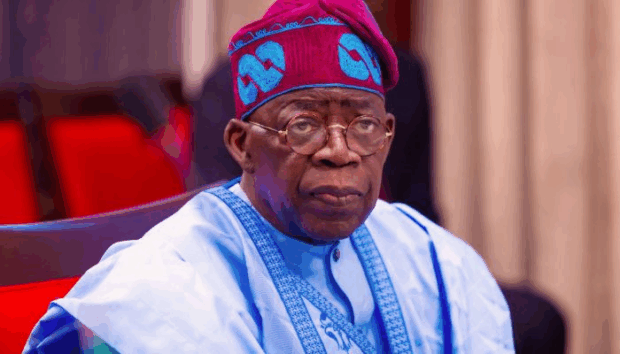
Kano’s Film Crackdown: 22 Hausa Series Suspended for Violating Censorship Rules
In a sweeping move, the Kano State Censorship Board has suspended 22 popular Hausa film series—including fan favorites like Dakin Amarya and Labarina—for failing to comply with mandatory censorship protocols. The decision, announced on May 19, 2025, underscores the state’s push to enforce media regulations and uphold cultural standards in Nigeria’s booming Kannywood industry.
Why Were These Films Targeted?
The Board’s Executive Secretary, Abba El-Mustapha, approved the suspensions after consultations with stakeholders. Key violations include:
- Unapproved Releases: Films were produced, marketed, or streamed without prior censorship.
- Regulatory Ignorance: Producers bypassed legal requirements to fast-track distribution.
Abdullahi Sulaiman, the Board’s Information Officer, warned:
*“All affected producers must halt distribution immediately and submit content for review by May 25, 2025. Non-compliance risks legal action.”*
Suspended Titles: A Blow to Northern Audiences
The banned films dominated Northern Nigeria’s entertainment scene. Notable titles include:
- Gidan Sarauta
- Mallaka
- Wasiyya
- Kudin Ruwa
- Shahadar Nabila
Full List: Dadin Kowa, Gwarwashi, Manyan Mata, Mashahuri, Tawakkaltu, Mijina, Wani Zamani, Boka Ko Malam, Wayasan Gobe, Rana Dubu, Fatake, Jamilun Jiddan, Tabarmar, Kishiyata, Rigar Aro.
Next Steps for Producers
- Submit for Review: Films must undergo censorship between May 19–25, 2025.
- Legal Risks: Fines, bans, or prosecution await those who defy the order.
The Board also urged TV networks and the Nigerian Broadcasting Commission (NBC) to block uncensored content, stressing:
“Professionalism and compliance are non-negotiable for industry growth.”
Broader Implications for Kannywood
This crackdown highlights:
- Regulatory Tightening: Kano’s commitment to curbing unvetted content.
- Cultural Preservation: Balancing creative freedom with societal values.
- Economic Fallout: Suspensions disrupt revenue for producers and distributors.
Critics argue the move could stifle creativity, while supporters laud it as a step toward accountability.
Join the Conversation!
Do you agree with Kano’s censorship enforcement? Should creative industries face stricter regulations? Share your views below!
[CTA]: “Subscribe for updates on Nigeria’s evolving media landscape and its impact on culture.”
Why This Matters:
As Nigeria’s film industry expands, clashes between creative expression and regulatory oversight intensify. Kano’s stance sets a precedent for balancing cultural integrity with artistic freedom—a debate resonating far beyond Northern Nigeria.
Stay tuned for insights into how censorship shapes Africa’s entertainment ecosystems.












